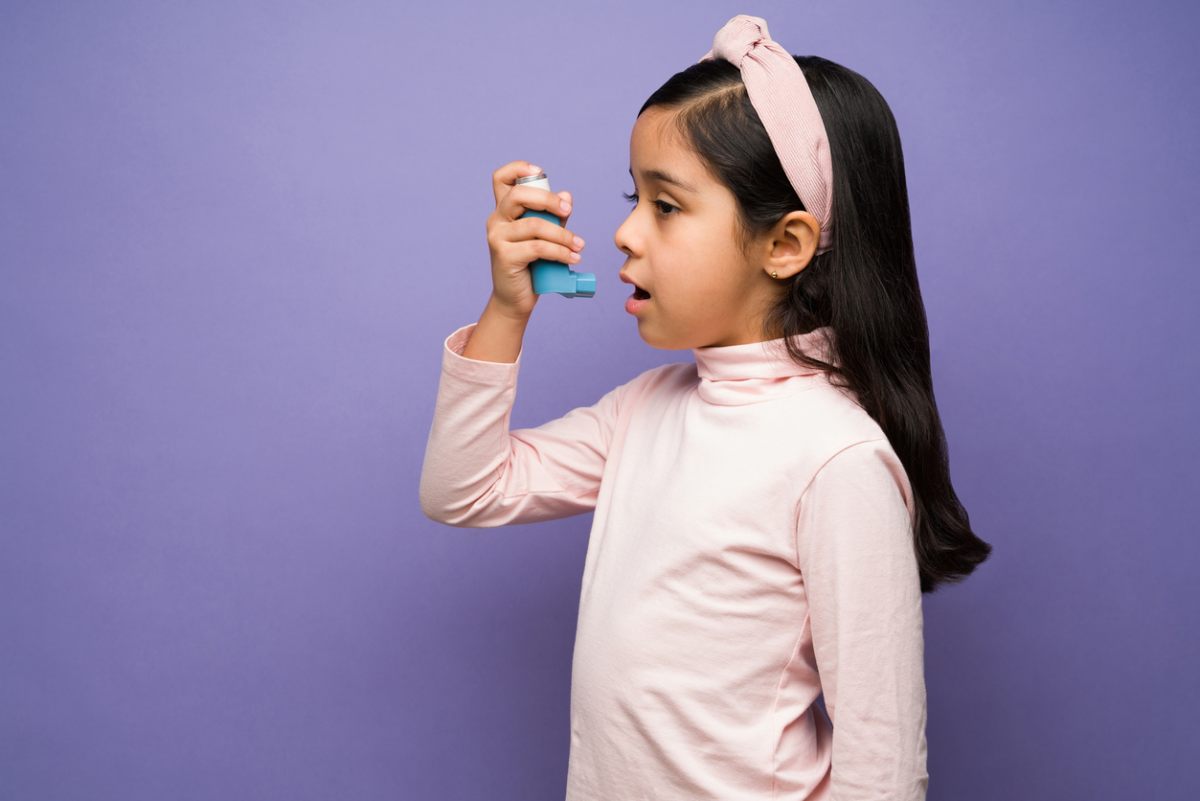Millions of children are impacted by asthma. The most important step you can take as a parent is getting your child into an asthma specialist right away. A proper diagnosis and treatment plan is necessary to effectively manage the condition. Below you will find helpful information about treating asthma in children under 10 years old.
Treating Asthma in Children Under 10 Years Old
Children with Asthma
Asthma is a condition that impacts your child’s airways. This can impact their sleep, ability to play, and participation in school. While the condition can’t be cured, an asthma action plan can help you navigate your child’s condition. This plan should be developed with a doctor that specializes in pediatric asthma care in NYC. This can help your child reduce their flare ups and manage their day-to-day breathing.
Common Asthma Symptoms in Children
Parents sometimes mistake asthma symptoms for the common cold of flu. However, some children don’t experience asthma symptoms daily so it’s important to take your child to a medical professional to determine the cause of their symptoms. Some children have severe attacks more often, while others may have mild symptoms infrequently. Consider the following most common asthma symptoms in children under 10.
- Coughing (especially at night)
- Difficulty breathing
- Pain, tightness, or discomfort in their chest
- Wheezing
- Loss of interest in physical activities
Symptoms of an Asthma Emergency in Children
An asthma attack can be scary for both you and your child. Severe asthma attacks can be life-threatening and require immediate medical attention. Common symptoms of an asthma emergency in children include the following.
- Persistent coughing or wheezing
- An inability to peak without gasping for air
- Significant breathing issues
- Peak flow meter readings are in the red zone
- No improvement after using an inhaler
Treating Asthma in Children Under 10 Years Old
Asthma management begins with a diagnosis from an asthma and allergy specialist in NYC. This can be done through the use of a peak flow meter. A peak flow meter is a portable, handheld device that measures how much air your child can force out of their lungs. This is an indication of how well their lungs are working. Once their baseline has been determined, the device can help determine when their asthma symptoms get worse. Low readings on the peak flow meter can be an indicator that some unwanted asthma symptoms are right around the corner. Using this information can help you and your child recognize when a flare up is coming, and effectively manage or prevent it from getting worse.
Treatment plans look different for everyone. In fact, they can also change as your child gets older. Sometimes more may be necessary to control your child’s condition. However, an improvement in their condition can result in less medication and treatment. Some of the common long-term treatments include inhaled corticosteroids, leukotriene modifiers, combination inhalers, theophylline, and biologics. In addition to long-term medication, quick relief inhalers can also be beneficial in the event of an asthma attack and are often a part of the standard treatment plan.
Caring for Your Child After an Asthma Diagnosis
An asthma diagnosis can be overwhelming for many parents. However, you are not alone. There are steps you can take to help your child manage the condition without it substantially interfering with their daily life.
Educate Yourself:
Get your hands on as many resources as you can to better understand the condition. Avoid researching on your own and talk with your child’s asthma doctor as you begin learning more about the condition.
Track Symptoms:
Use a journal to track your child’s asthma symptoms. Note the date, time, location, and any potential triggers that could have caused the asthma attack. Take this to your child’s appointments as it is key data that is helpful for your child’s asthma doctor.
Stick to the Plan:
Stay consistent with your child’s asthma treatment plan. This can help their doctor understand what is working and what isn’t. However, if your child has a severe asthma attack or shows the signs of an allergic reaction to the medication, seek emergency treatment right away.

